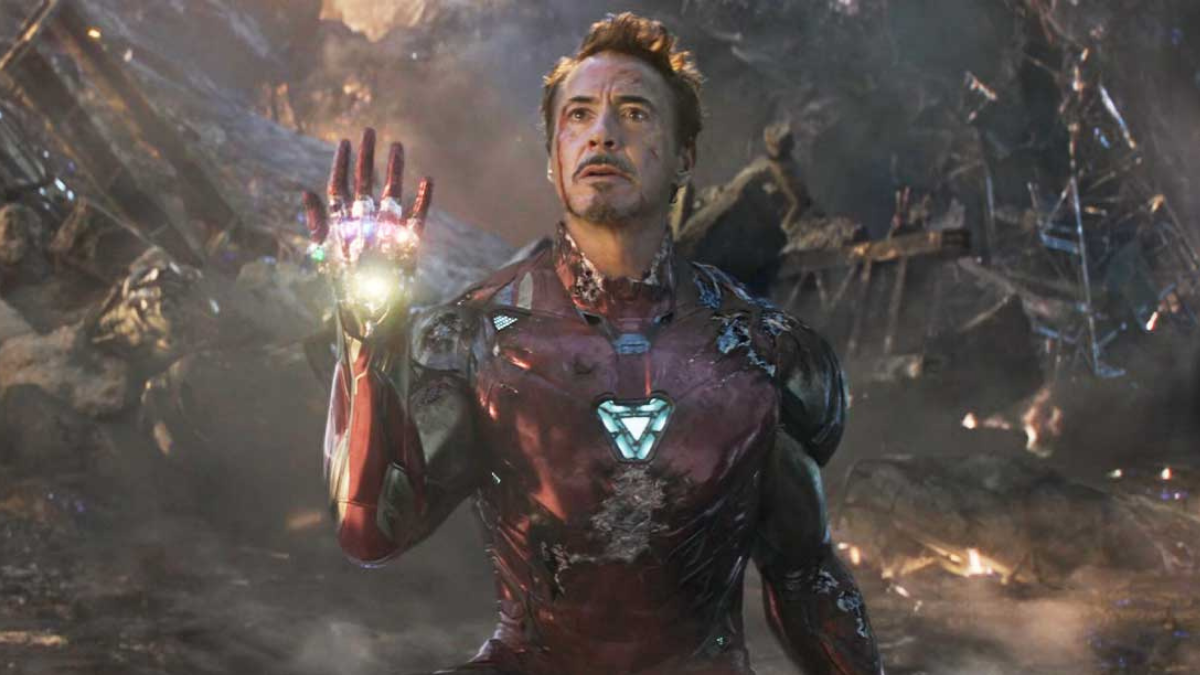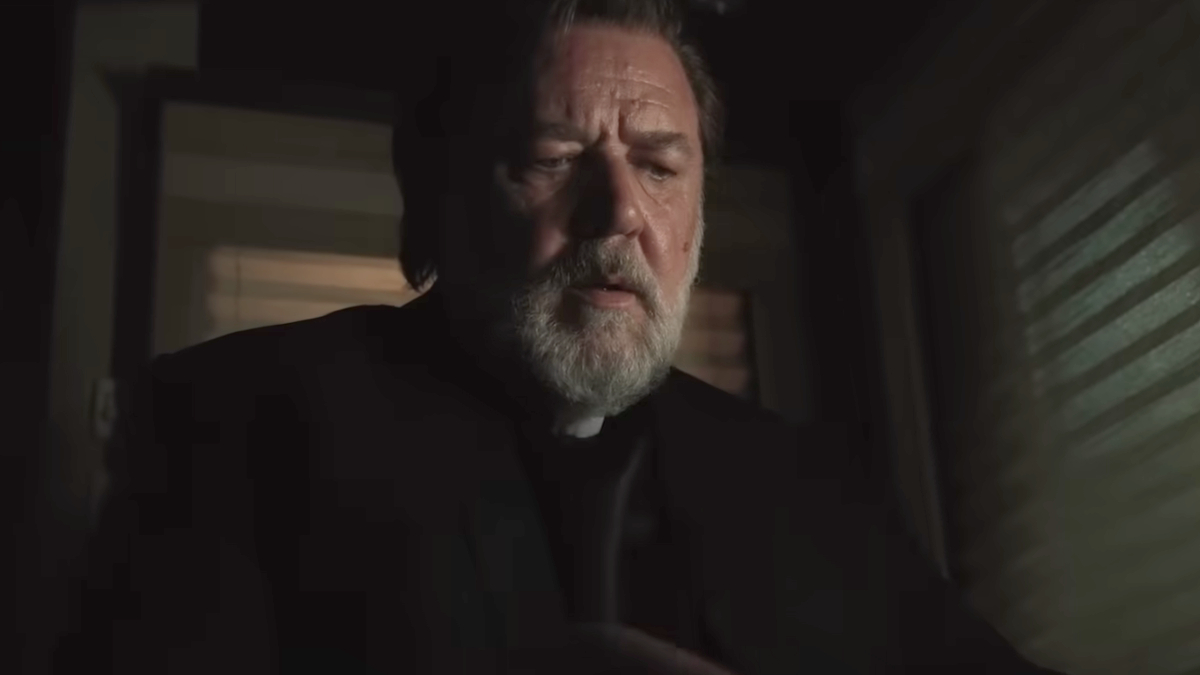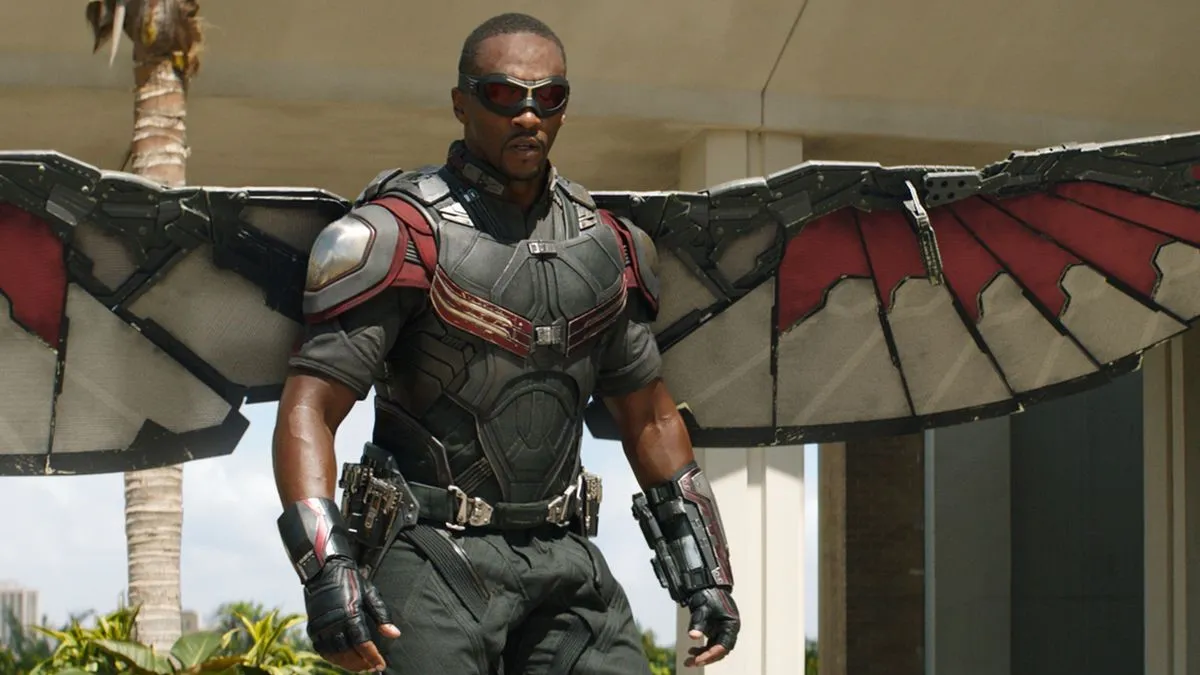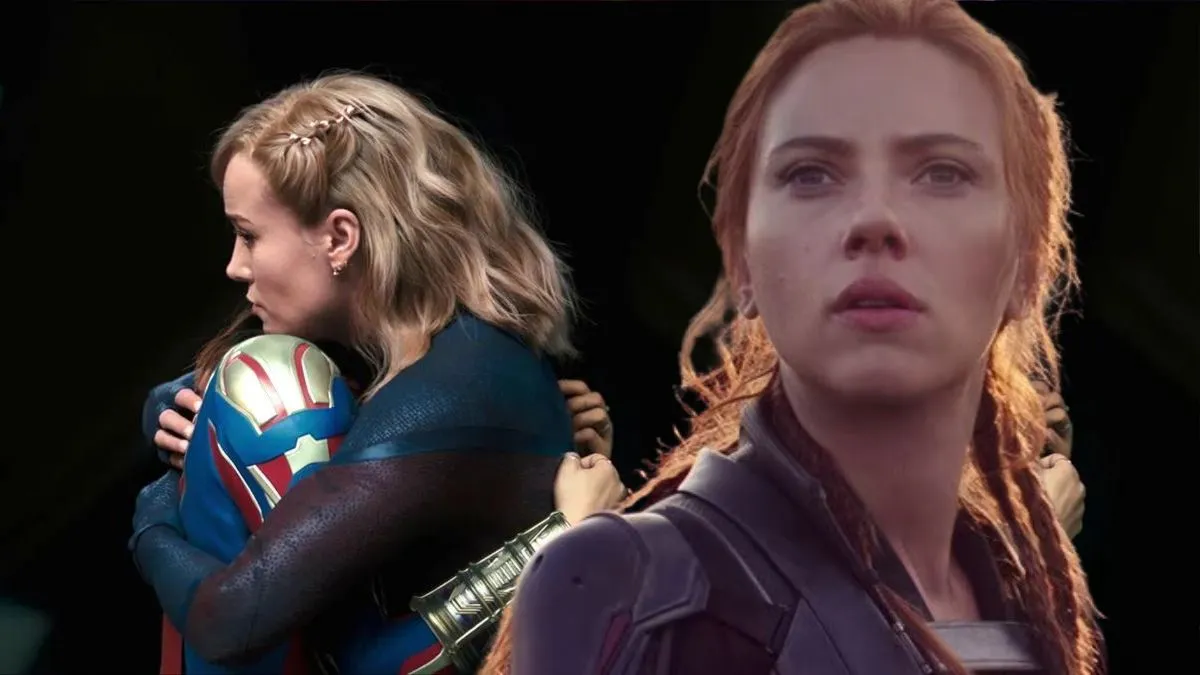
A good way to erase all memory of an exceptionally disappointing and poorly received film festival submission is to come back the next year with your best movie to date. Writer-director Tom McCarthy seems to have done that at this year’s edition of TIFF, following the much maligned The Cobbler with his new film, Spotlight, a superb drama covering the real life investigative work of the Boston Globe reporting team who first shined a light on the widespread sexual abuse of children and subsequent cover-up carried out by the Catholic Church in Massachusetts back in 2001, earning the paper a Pulitzer Prize.
Similarly, a good way to give yourself a good chance of producing your best movie to date is to assemble a cast like this one. Michael Keaton, Mark Ruffalo, Rachel McAdams and Brian d’Arcy James make up the Globe’s Spotlight team, with John Slattery as the paper’s deputy managing editor, Liev Schreiber as the paper’s new top editor, and notable supporting roles by Stanley Tucci and Billy Crudup, rounding out what’s sure to be one of the strongest ensembles of any film playing at this year’s festival. It’s an ensemble piece that best exemplifies the efforts that were required by a number of different players in this story that eventually uncovered the church’s abuses and brought the story to the public attention. That is to say, this is a movie about an effective team.
Their effectiveness and resiliency is what gives the film a satisfying pulse. While not a story that is always moving quickly, it’s one that is always moving. The characters and camera capture the busy nature of investigative journalism, constantly in motion, frustrated by any obstacles that impede that motion. Despite the tragic nature of the story’s subject matter, this is a film that offers some pleasure in witnessing people who are good at their jobs, whether it’s Ruffalo being charmingly persistent, Keaton working the political gala circuit, McAdams being blindsided by an unexpected admission and barely missing a beat, or James struggling to balance confidentiality with protecting his family.
It’s also a movie about corrupt systems of power, and this extends beyond simply the Catholic Church. The visual makeup of the Globe itself is conspicuously older, male, and white, as we see in our introduction to the newsroom early on. I’m already seeing observations on the lack of female representation in the movie’s cast, but this seems to be a conscious feature of the story. After all, the newsrooms, legal offices, law enforcement, and political leadership, all nearly as male-dominated as the Church, bear some level of responsibility in allowing these abuses to happen.
That first scene in the newsroom, in which a bunch of old, backslapping white dudes celebrate the departure of one of their colleagues, seems meant to evoke the term “old boys’ club.” Throughout the movie we’re confronted by similar circles of men, and while the dominance of Irish Catholicism in Boston is made very apparent in the film, the lack of female presence should be equally emblematic.
Perhaps the greatest credit to Spotlight, and to McCarthy’s direction (along with his ability to get the absolute best out of each actor he works with), is its ability to balance the emotional acknowledgement of the survivors and their suffering with the fact that the focus of this story on the reporters. So while there are remarkably powerful scenes interviewing survivors played by Neal Huff and Michael Cyril Creighton (I found Creighton’s work to be especially moving), the film adopts the same response as the journalists: it registers on an emotional level kept beneath the surface, maintaining that “just the facts” professionalism. Some may find this to be more cold and distant though than a story like this warrants.
For me, the film’s perspective is exemplified by the scenes in which any member of the Spotlight is met with disturbing new information: a moment of shock and sympathy, followed quickly by the repeated phrase, “this is big,” a reminder that their primary concern is the factual details of this story, and that the greatest service they can provide is sharing it with their audience. The emotional response will take care of itself. And it does.






